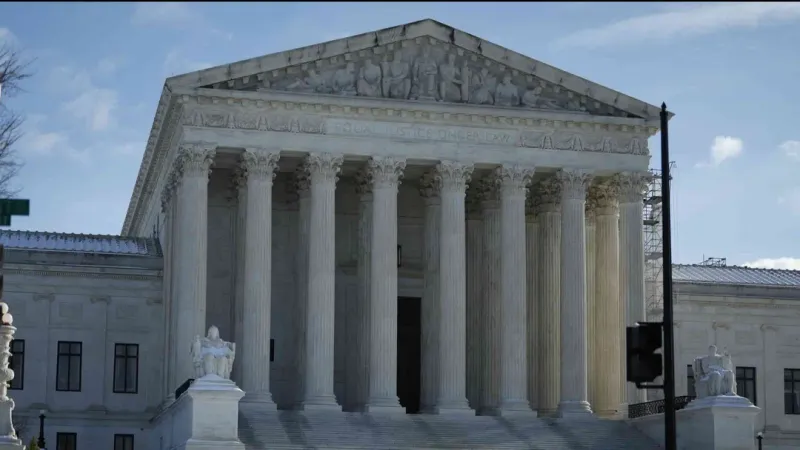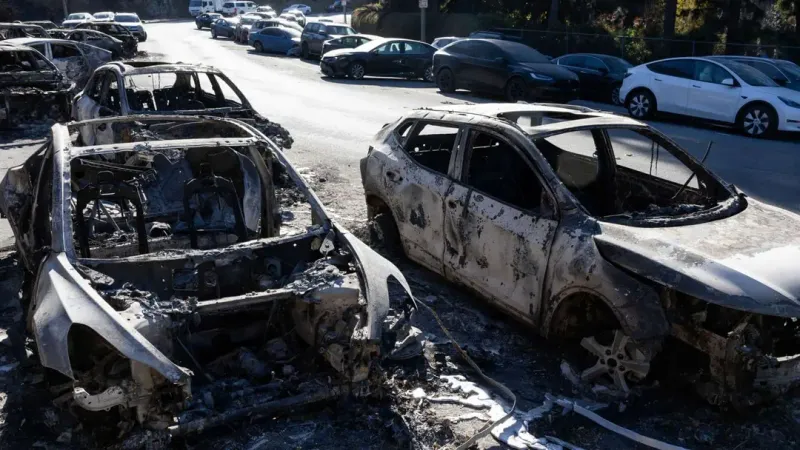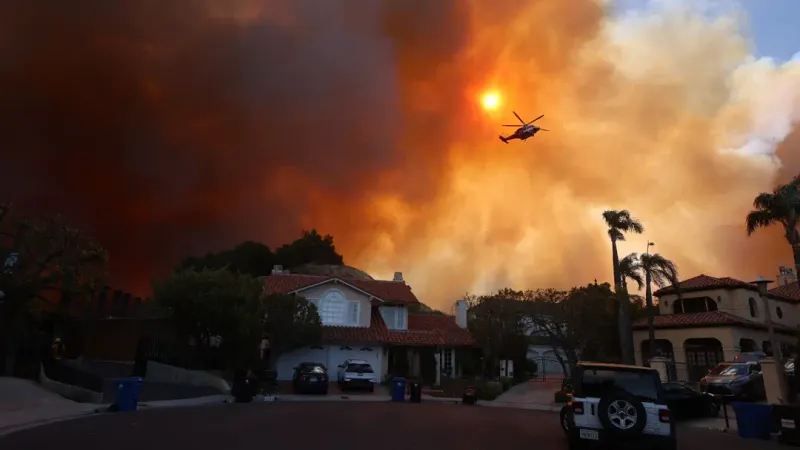COP28 Reaches First-Ever Deal to Transition Away From Fossil Fuels
More than 190 countries at the UN COP28 climate summit on Wednesday, hosted in Dubai, approved calls for a 'transitioning away from fossil fuels in energy systems, in a just, orderly and equitable manner.' In an attempt to limit global warming to 1.5°C above pre-industrial levels, the deal also ...

Facts
- More than 190 countries at the UN COP28 climate summit on Wednesday, hosted in Dubai, approved calls for a 'transitioning away from fossil fuels in energy systems, in a just, orderly and equitable manner.' In an attempt to limit global warming to 1.5°C above pre-industrial levels, the deal also says the global economy should shift to net-zero greenhouse gas emissions by 2050.1
- While the international call for a transition away from fossil fuels was the first of its kind, the deal didn't explicitly call for a phaseout of fossil fuels — something many countries wanted. However, this year's COP28 president, Sultan al-Jaber of the United Arab Emirates, said nations had 'confronted realities and... set the world in the right direction.'2
- This agreement also demanded a tripling of renewables, such as wind and solar, by 2030 as well as cutting emissions of methane — a greenhouse gas more potent than carbon dioxide — in the short term. The global body stopped short of a complete phaseout due to backlash from oil exporters like Saudi Arabia and Iraq as well as developing nations like India and Nigeria.3
- Those skeptical of a complete phaseout also included members of the Organization of the Petroleum Exporting Countries, which control around 80% of the world's proven oil reserves and roughly one-third of global oil output. Those in favor included smaller, climate-vulnerable island states, which were backed by the likes of the US, Canada, and Norway.4
- Meanwhile, the US and China, the world's two largest emitters, helped design the conditions for the agreement, with US climate envoy John Kerry stationing his office adjacent to his counterparts from Beijing. However, environmental groups have criticized the conditional nature of the deal, arguing that the mention of 'carbon capture and storage' is a way of allowing countries to continue to burn fossil fuels.1
- In the wake of the UN's successful 28th attempt at reducing fossil fuel burning, crude oil prices were under pressure. The US benchmark crude futures contract, Nymex WTI, was trading flat at $68.72 in early trading Wednesday after falling by 3.8% the day before. Europe's benchmark, Brent crude, was also flat at $68.64 after slipping by 3.7%; both benchmarks were trading near six-month lows.5
Sources: 1Wall Street Journal, 2BBC News, 3New York Times, 4New York Post and 5Business Insider.
Narratives
- Narrative A, as provided by Un news. While international organizations like the UN understand that more action will be needed to fully phase out fossil fuels, this agreement is still a historic accomplishment for the planet. The progress made included tripling renewable energy capacity by 2030 and financial commitments to the Loss and Damage Fund. As for a complete phase-out, the deal reached in Dubai on Wednesday has laid the groundwork for the inevitable end to burning coal and gas — even in the richest oil-burning countries.
- Narrative B, as provided by Global witness. Despite this being the most ambitious UN climate deal in history, no commitments to completely phase out fossil fuels were made, let alone strategies to help climate-affected communities in the present. This is probably because, despite references to 'the science,' which has been clear for decades, more than 1K fossil fuel industry lobbyists attended the event. The final text of the deal was also cleansed of any language related to justice, which means the smaller countries most at risk of climate change won't be seeing concrete action for a long time.
- Narrative C, as provided by Federalist. Fortunately, the scientific overlords didn't get everything they wanted at this year's climate summit. For all their talk about representing the masses and winning justice for the voiceless, in reality, UN climate policy is set by a select few power-hungry pseudoscientists who still travel around the globe in gas-guzzling planes. COP28 truly does mark the beginning of the end to fossil fuels — which means the end of eating meat, using a gas stove, and countless other draconian laws coming soon to a government near you.






